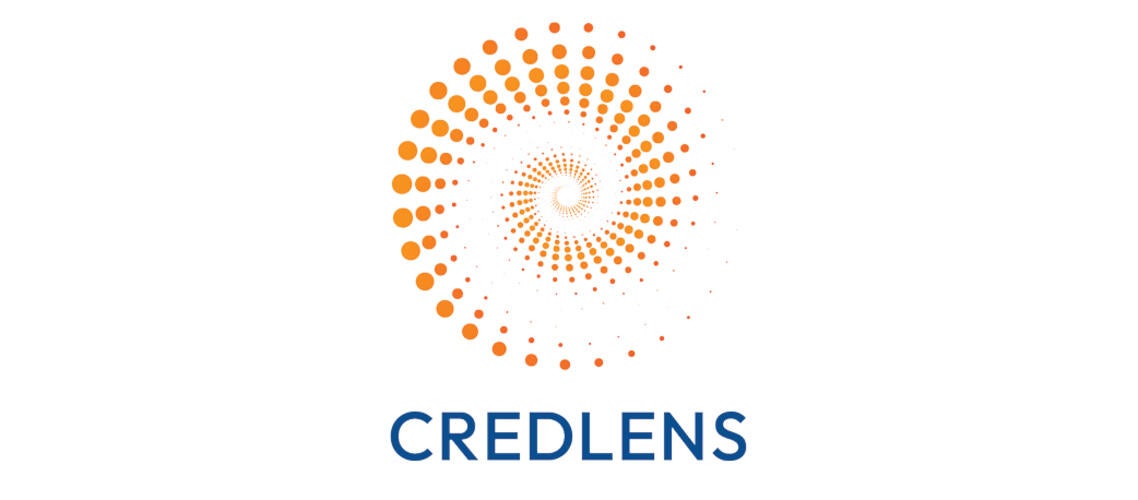State Workforce Agency Appropriations Priorities
The Honorable Susan Collins
Chair
Senate Committee on Appropriations
United States Senate
Washington, DC 20510
The Honorable Patty Murray
Vice-Chair
Senate Committee on Appropriations
United States Senate
Washington, DC 20510
The Honorable Tom Cole
Chairman
House Committee on Appropriations
U.S. House of Representatives
Washington, DC 20510
The Honorable Rosa DeLauro
Ranking Member
House Committee on Appropriations
U.S. House of Representatives
Washington, DC 20515
Re: State Workforce Agency Appropriations Priorities
Dear Chair Collins, Chairman Cole, Vice-Chair Murray, and Ranking Member DeLauro,
I am writing on behalf of the National Association of State Workforce Agencies (NASWA), a non-profit and non-partisan association, whose membership is comprised of workforce agencies in all states, the District of Columbia, and U.S. territories. Our members are on the front lines, working to assist citizens across the country with job search assistance, labor market information and training as well as unemployment insurance benefits.
We have the following recommendations for FY 2026 appropriations:
- Programs under the Workforce Innovation and Opportunity Act (WIOA) are vital to the U.S labor market and economy and require sufficient overall funding, at levels at or above FY 2025. States also request that appropriators permit greater funding flexibility across WIOA programs (including the Adult, Dislocated Worker, and Youth programs) to better address unanticipated changes in the labor market.
- Wagner-Peyser Act job search assistance, career navigation and job referral/placement help people return to work faster and reduces unemployment duration. Funding for this program has been static for over a decade even though this services the largest segment of customers in the American Job Centers. Adequate funding is needed as states support individuals with job search assistance, and businesses with hiring and retention.
- Apprenticeship programs are key tools to help employers and workers gain skills in demand driven and emerging industries, but consistent and dedicated funding is needed to expand and grow apprenticeship opportunities.
- Unemployment Insurance (UI) administrative funding is critical as states need to be ready for the next recession. Unfortunately, since 2009 state funding levels have failed to meet the need as demonstrated by state-developed budget documents submitted to the U.S. Department of Labor through the Resource Justification Model. Base UI Administrative funding needs to be significantly increased to fight fraud and improper payments, and to ensure that acceptable customer service is provided to both employers and claimants.
- Fund the Reemployment Services and Eligibility Assessment (RESEA) program at full authorization levels. The RESEA program has a proven track record of accelerating unemployment insurance beneficiaries’ return to work and reducing UI duration and payments.
- The federal-state Cooperative Statistics Program with the U.S. Bureau of Labor Statistics produces our nation’s fundamental labor market statistics – essential data used to make informed decisions and improve outcomes at the state, local, and national levels - and cannot withstand further budget cuts. We also encourage granting states the flexibility to reallocate funding across the four Cooperative Statistics Programs to help states address funding shortages. State LMI agencies also rely on Workforce Information Grants from the Employment and Training Administration and cannot withstand additional cuts to this critical program that supports development of customer-facing labor market intelligence for a broad range of business, public, and citizen stakeholders.
Thank you for your consideration as we work together to support critical workforce programs that strengthen America’s economy, labor market, and national competitiveness.
Sincerely,
Scott B. Sanders | President and CEO
National Association of State Workforce Agencies





























